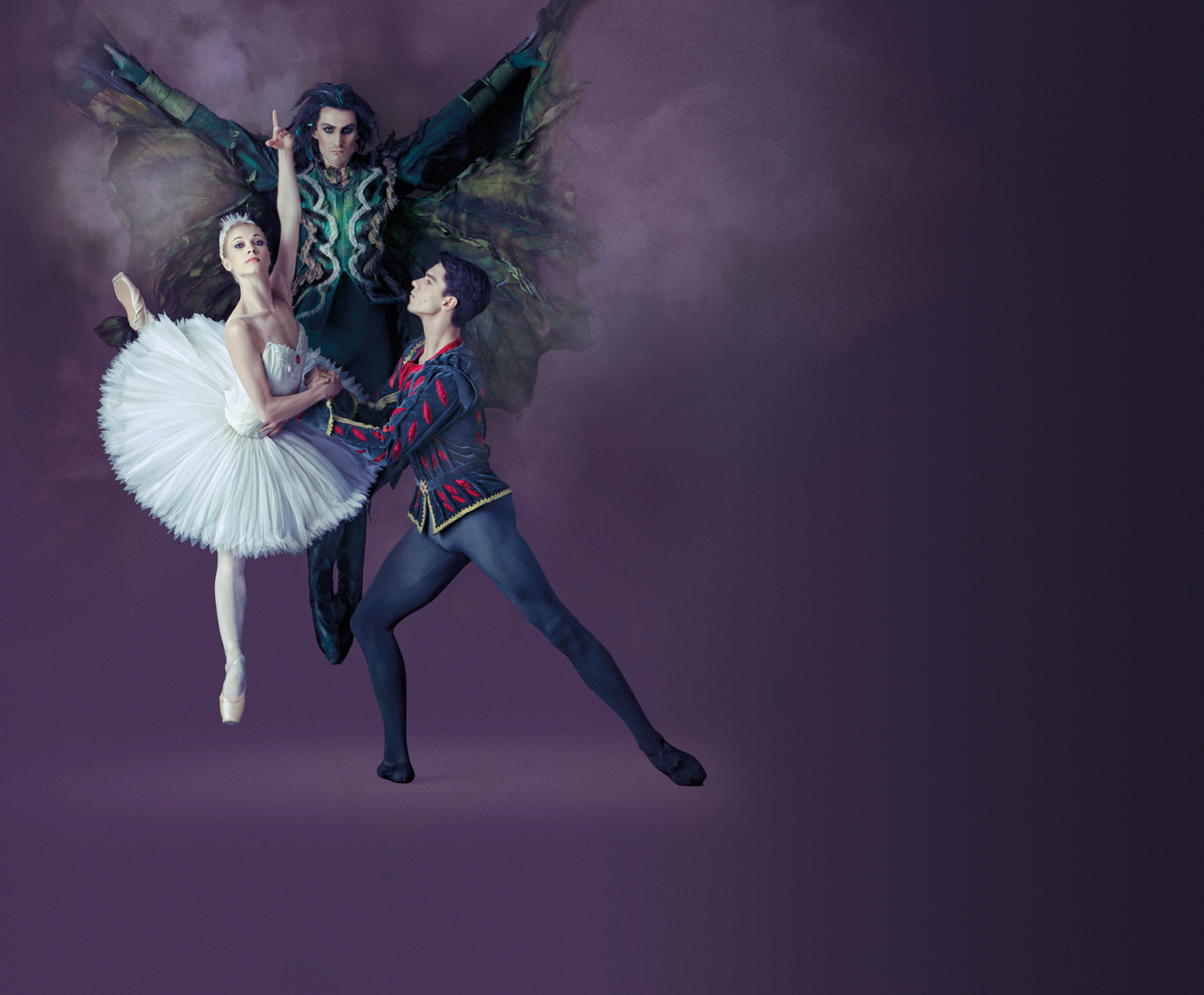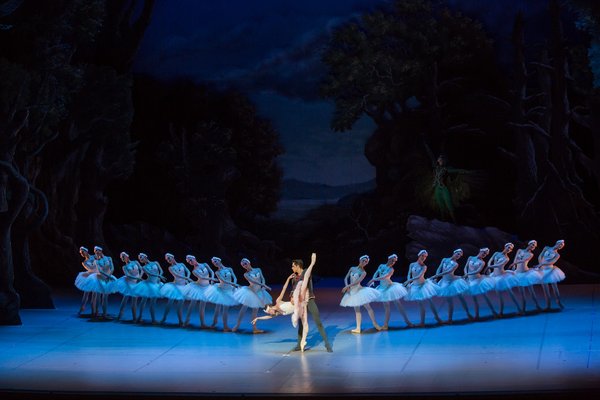
SWAN LAKE
22 September 2024, 11 a.m.
In Brief
Classical ballet in three acts
Tchaikovsky’s first ballet is the most beloved classical piece in ballet literature: while the hardships of love between a prince forced into marriage and a maiden enchanted into the form of a swan is one of the most charming Russian romantic fairy tales, the piece nevertheless failed at its original premiere in 1877. The choreographers creating the premiere were simply not equal to Tchaikovsky’s genius. It was Marius Petipa's and Lev Ivanov's choreography that brought fame for the piece and established a tradition, and most companies to this day still dance the piece following this blueprint. Rudi van Dantzig and Toer van Schayk revised this classic creative work in 1988.
The same female ballet dancer portrays both Odette – the pure, innocent white swan– and Odile – the seductive, manipulative black swan in the Hungarian National Ballet’s production.
Details
- Location
- Hungarian State Opera
- Date
- Sept. 22, 2024
- Start time
- 11 a.m.
- End time
- 2:35 p.m.
Synopsis
Gallery
Reviews
"The Hungarian National Ballet did its best to make Swan Lake a memorable performance. We could see countless dancers on stage in spectacular costumes in the first and third acts. They open our eyes and minds entirely, and then suddenly the minimalistic shining of the white swans almost blinds us."
Robert de Koning, Journelism
